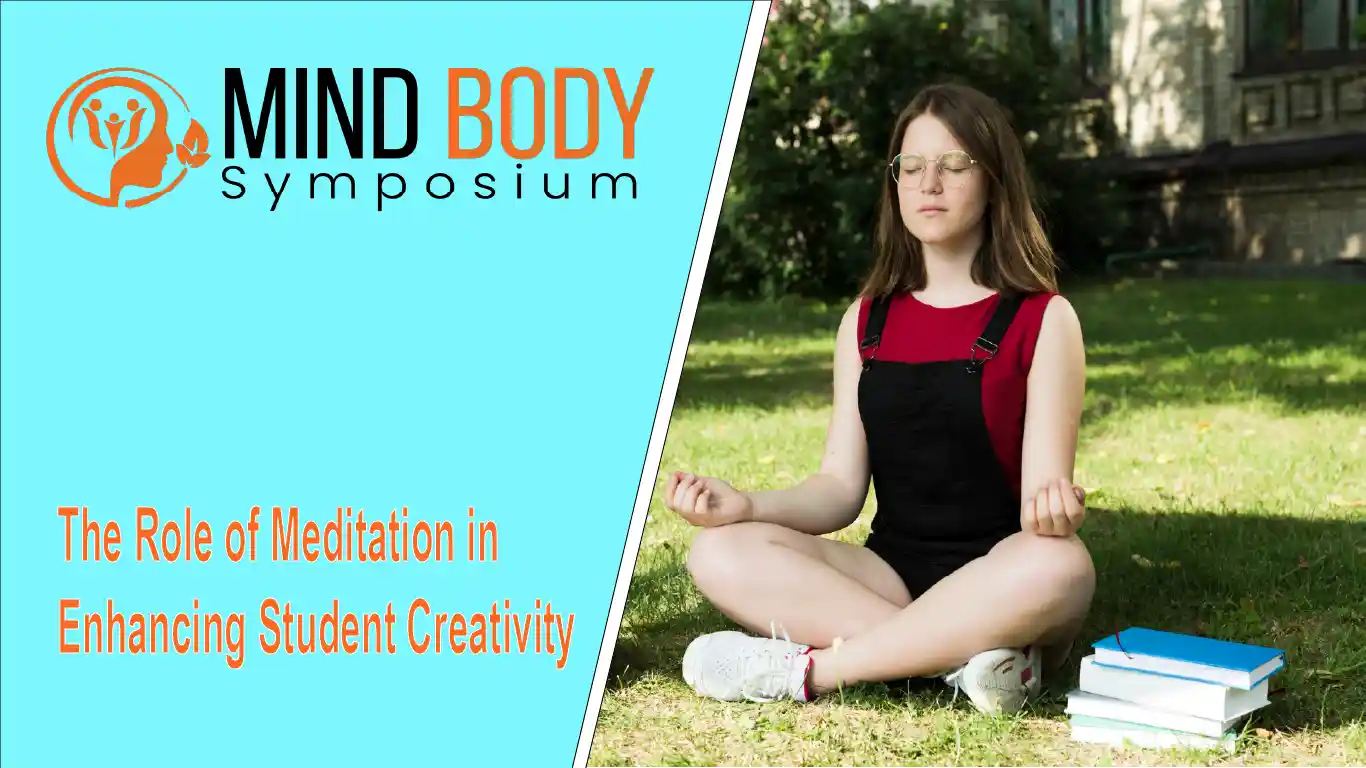Being a college student means having hundreds of issues and tasks that need to be solved shortly. Thus, a lot of students feel depressed and stressed. In this article, we will look at meditation as one of the easiest ways to relax and feel better.
Meditation can help you handle many issues, from feeling better to getting creative ideas, which also can be a great bonus when you are a student. While meditating, mental clarity and relaxation can unlock innovative thinking. Moreover, meditation practices help reduce stress, enhance focus, and improve emotional regulation. It is widely known that mental state allows students to access deeper cognitive processes. Some studies have even shown that meditation can enhance divergent thinking. Meditation seems to be a unique practice that can solve a great number of problems.
5 Quick Meditation Practices for College Students
College students are often pressed for time, and they often should prioritize their duties, desires, and entire lives in order to meet all the deadlines. Even if you are one of those busy students, you can still find a place in your schedule for a quick meditation practice. Below, we have gathered some of the most effective and quite simple.
Mindfulness Meditation
With this practice, you can easily encourage your focus on the present moment. This practice will also help you approach creative tasks with fresh perspectives.
How to use: Use the practice before brainstorming ideas for a project, and it will lead you to more original concepts.
Visualization Meditation
This practice will help you encourage imagination. With the help of this practice, you will learn how to get creative outcomes or fresh ideas for any question or problem.
How to use: Sit and visualize how you complete a creative writing assignment. As a result, the solution will simply come to your mind; you will open your mind and get an opportunity to look at the issue from a different perspective.
Breathing Exercises
It perfectly calms the mind, reduces anxiety, and frees up mental space for creative thinking. This is a great helper when you are overwhelmed with creative tasks and have no idea how to meet all the deadlines.
How to use: Before you get down to a task, practice deep breathing. This will allow new ideas to flow more naturally to your mind. When you are stressed, it is quite difficult to think creatively and come up with original solutions. Thus, you need to reduce the stress and welcome all the challenges.
Loving-kindness Meditation
This practice promotes positive emotions, which, as some research has shown, can increase creative thinking.
How to use: Practice loving-kindness meditation before collaborating on a group project. This can help you feel more open to various solutions and react positively to all the proposals.
Body Scan Meditation
This meditation can help heighten bodily awareness, leading to new sensory insights and creative inspiration.
How to use: Gain a unique perspective by addressing your physical sensations. When working on a project, you can imagine the “issue” and try to physically sense it via your mind.
Top 5 Meditation Apps for Your Smartphone
Below, you can see a list of apps that can help you handle your academic issues and provide you with some tips on how to make your college life brighter, as well as how to benefit from all the challenges you get.
#1. Headspace
Headspace is one of the most popular meditation apps, offering guided meditations, mindfulness practices, and sleep aids. The tool is paid, but it has a free trial. It covers various topics, from stress and focus to creativity and happiness. This application has easy-to-follow guided meditations and sections specifically designed for students. The app is engaging in animations and visualizations and is very user-oriented. If you want to improve focus and creativity, these meditation series are just what you need.
#2. Calm
Calm is also a paid helper, but it offers a lot of trial services. It focuses on mindfulness and mental wellness with features that include guided meditations, sleep stories, and calming music. It is well-suited for students needing help with focus, relaxation, or creativity. The app has a wide range of meditation programs, sleep stories to improve rest and recovery, and many more services to help you overcome stress and focus.
#3. Insight Timer
Insight Timer offers thousands of free guided meditations led by top mindfulness experts. It’s an excellent choice for students who want access to a vast library of content without needing to pay. This is a predominantly free application with some paid additional services. The app has an extensive free library of meditations and customizable meditation timers. Insight Timer also offers content tailored for students, including stress management and focus.
#4. Smiling Mind
Smiling Mind is a completely free meditation app designed with students in mind. It focuses on mindfulness and offers programs for different age groups, including high school and college students. This application is 100% free with no in-app purchases. Smiling Mind has specific programs for students to improve concentration and creativity. One of the app’s strongest features is its simple, user-friendly interface. With Smiling Mind, you will definitely enjoy the evidence-based programs developed by psychologists that complete the entire app.
#5. 10% Happier
Here is one more paid application with a free trial. 10% Happier is a meditation app created for those skeptical of meditation but seeking mental clarity and focus. It offers mindfulness techniques with a practical, science-based approach. The application offers science-based meditation practices that are both beginner-friendly and for those who have already tried various meditation practices. The application also has the content for students and offers many practical tips on improving focus and reducing anxiety. The unique feature 10% Happier offers is the video courses with mindfulness experts.
We hope you will find a helpful app for yourself and your college life will become brighter.

Integrative Researcher in the field of Psychology, Spirituality and Religion, Professor of Integral Psychology and Spiritual Counseling, Bilingual Psychotherapist.

